China FM visits Singapore in bid to challenge US regional influence
Chinese Foreign Minister Wang Yi has held talks with the Singaporean leader, foreign and deputy prime ministers in separate meetings on his two-day visit to Singapore.
The visit is part of Wang's six-day trip to four countries - Singapore, Vietnam, Cambodia and South Korea - in the region that started on Friday. The Southeast Asian tour comes as the US is scrambling to reassert its influence in the region.
On Tuesday, Wang held talks with Prime Minister Lee Hsien Loong, who said the pair had a "productive and candid discussion on international and regional developments."
Also during the meetings with Deputy Prime Minister Heng Swee Keat and Foreign Affairs Minister Vivian Balakrishnan, the officials stressed the strong ties and cooperation between China and Singapore, and discussed ways to further boost relations as the two countries look forward to the upcoming 17th Joint Council for Bilateral Cooperation later this year.
In a statement on Monday night, Singapore's Ministry of Foreign Affairs highlighted the strong relationship between Singapore and China, and the progress made in deepening cooperation even amid the disruptions caused by the COVID-19 pandemic.
The ministers also exchanged views on regional and international developments, including ways to deepen cooperation between the Association of Southeast Asian Nations (ASEAN) and China. They also welcomed the 30th anniversary of ASEAN-China Dialogue Relations this year.
In a Face book post, Singaporean leader reaffirmed the longstanding ties between Singapore and China and said, “Despite challenging global circumstances in this pandemic, we have continued working closely, sharing resources and expertise to better manage the outbreak.”
The two sides also discussed the Regional Comprehensive Economic Partnership (RCEP) and hoped that the trade pact will come into force as soon as possible.
The RCEP is the world's largest trade pact, and brings together all 10 ASEAN members as well as the grouping's key partners Australia, China, Japan, South Korea and New Zealand in order to eliminate 90 percent of tariffs and significantly boost trade in the region.
The ongoing Asian tour by China’s top diplomat comes only three weeks after US Vice President Kamala Harris called out Beijing’s actions in the South China Sea during her visit to Singapore and Vietnam, claiming that the Asian superpower continued “to undermine the rules-based order and threaten the sovereignty of nations”.
Harris also reaffirmed what she called "Washington’s commitment to the region", which was largely ignored by the administration of former US president Donald Trump.
The US-China relationship has deteriorated over a range of issues from cybersecurity and tech supremacy to alleged human rights violations.
Southeast Asia is an increasingly important battleground for influence for the world's two biggest economies at a time when Beijing is challenging Washington's political influence and maritime dominance in the region.
The South China Sea is a gateway to major sea routes, through which about 3.4 trillion dollars' worth of trade passes each year, and contains huge gas fields and rich fishing grounds. China claims sovereignty over much of the strategic waterway and has since 2014 built artificial islands on reefs and installed military bases on them.
Singapore, which has strong economic relations with China as well as security ties with Washington, has said that situation should not lead countries to choose between one of the two sides.
Israeli army defends soldier’s viral ‘rape’ remark amid global outrage
VIDEO | British Museum removes Palestine from exhibit labels
VIDEO | 'Justice for Palestine' protest held in Paris
Potential US attack on Iran to be met with decisive missile force: Lebanese MP
VIDEO | Ramadan begins in France amid optimism, challenges
Hamas: Huckabee’s remarks expose ‘American bias towards Zionist domination, annexation’
‘We will not bow to pressure or coercion’: President Pezeshkian
Trump raises global tariffs to 15%, calls Supreme Court ruling ‘ridiculous’


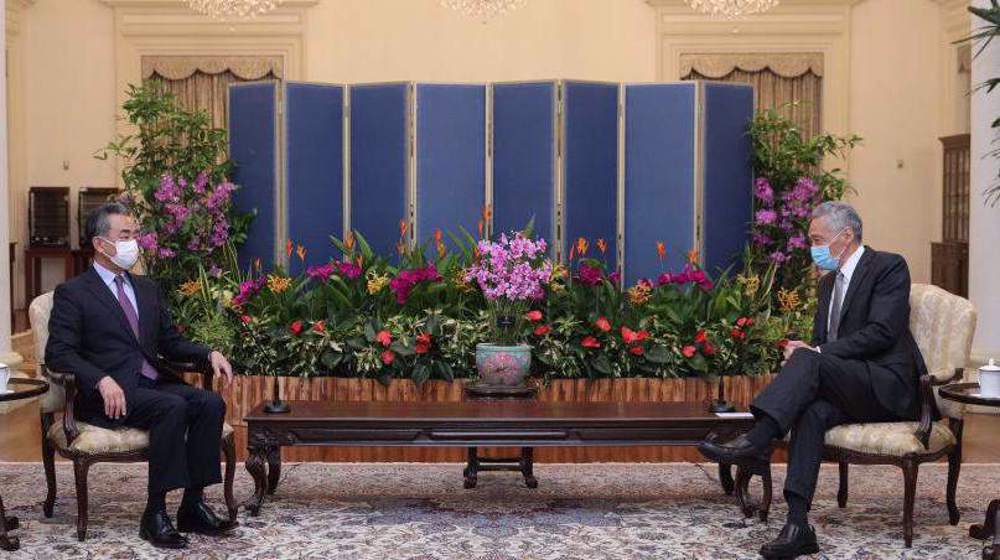
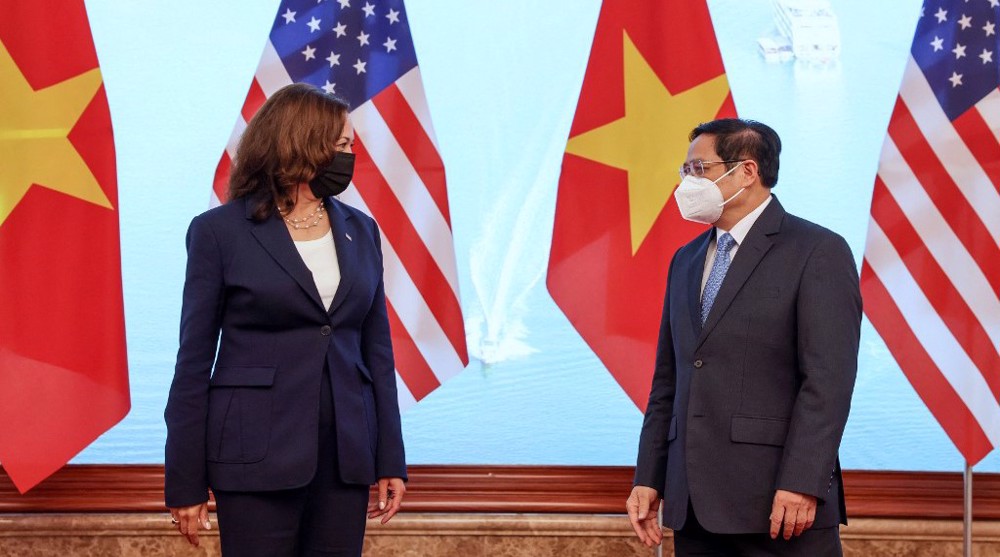
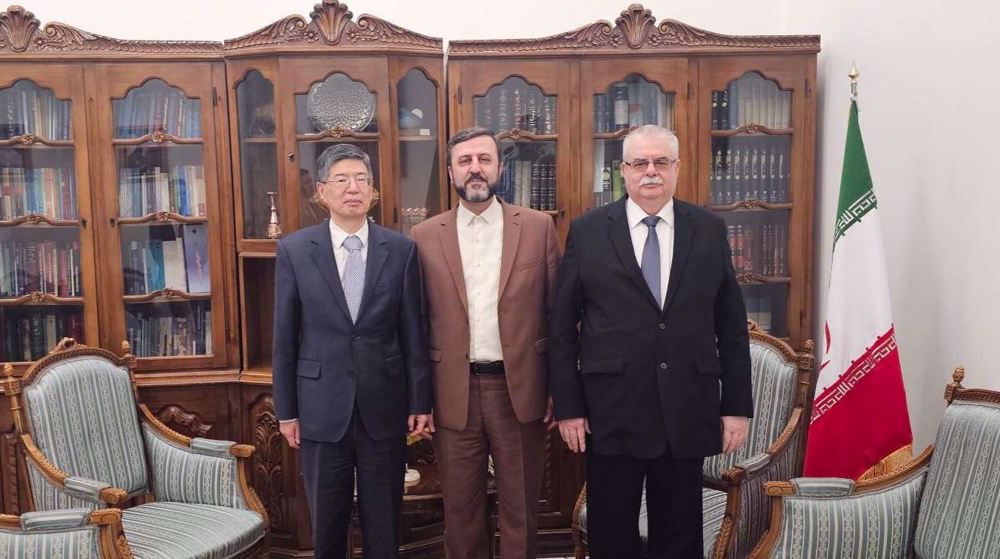
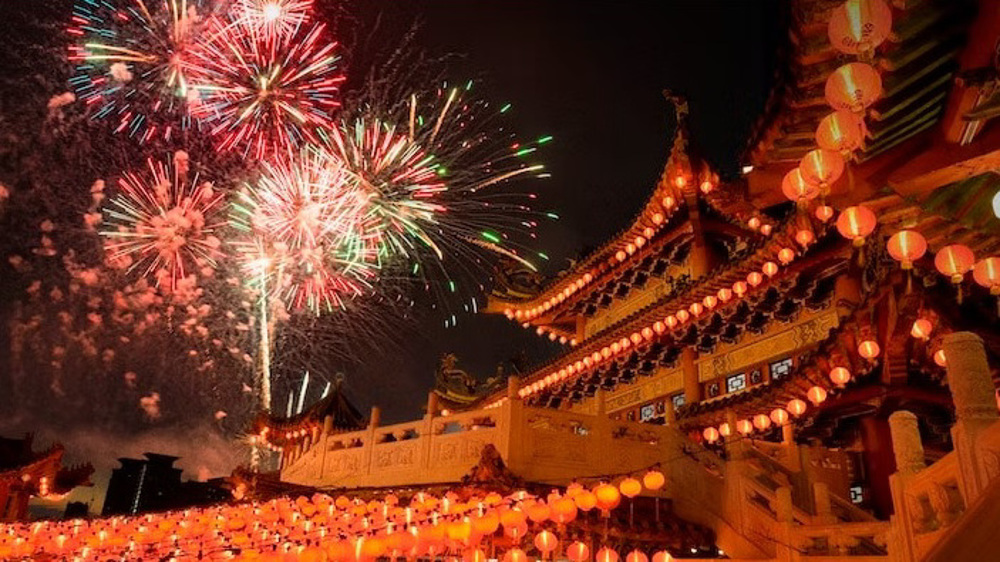
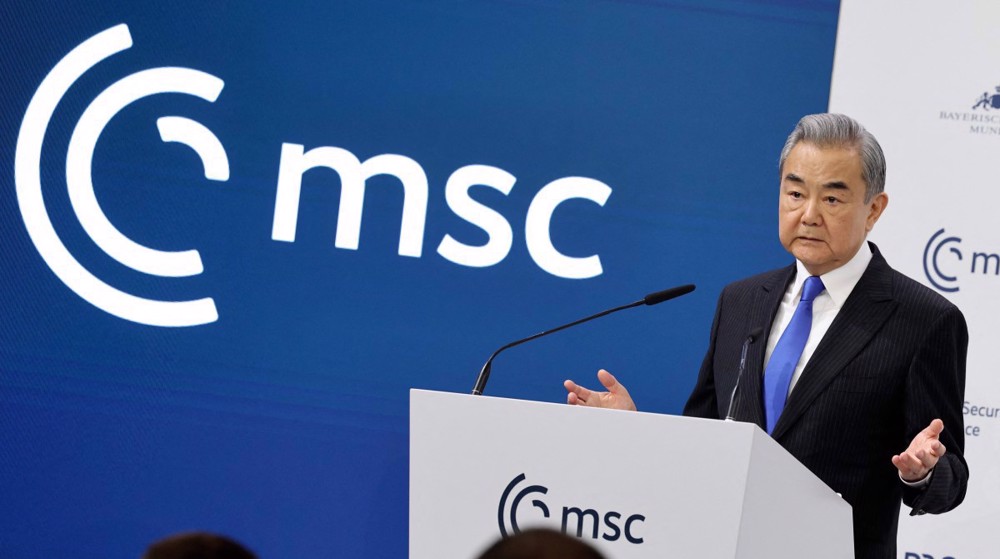



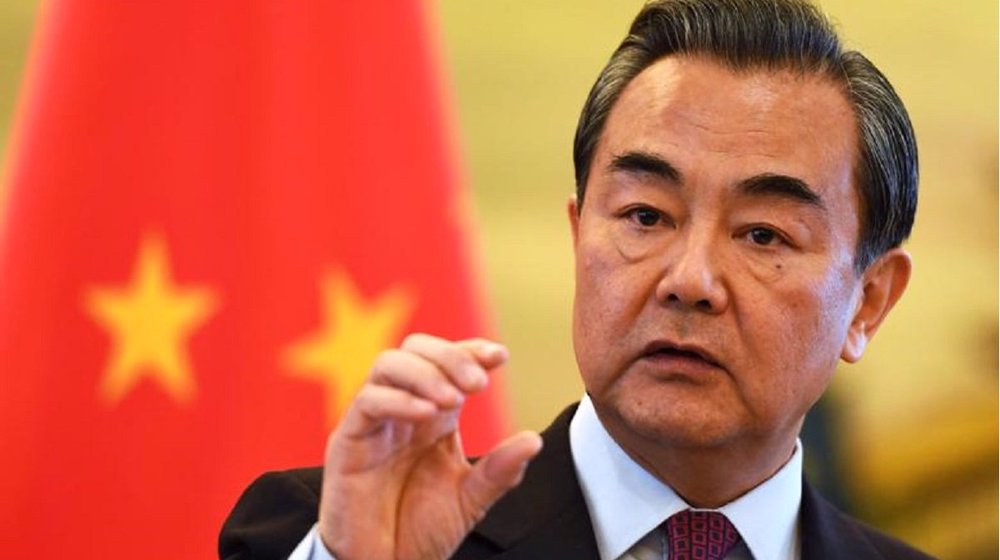
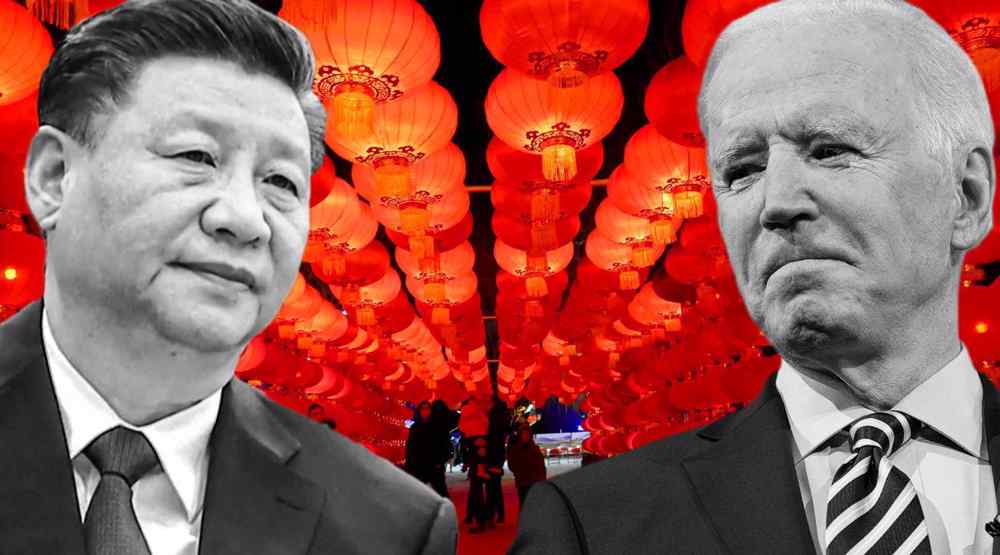
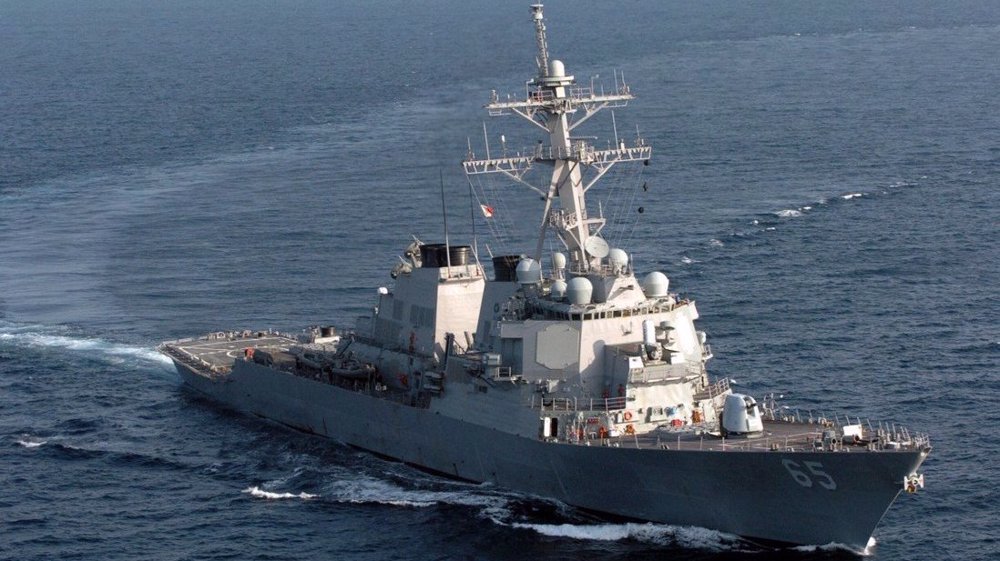
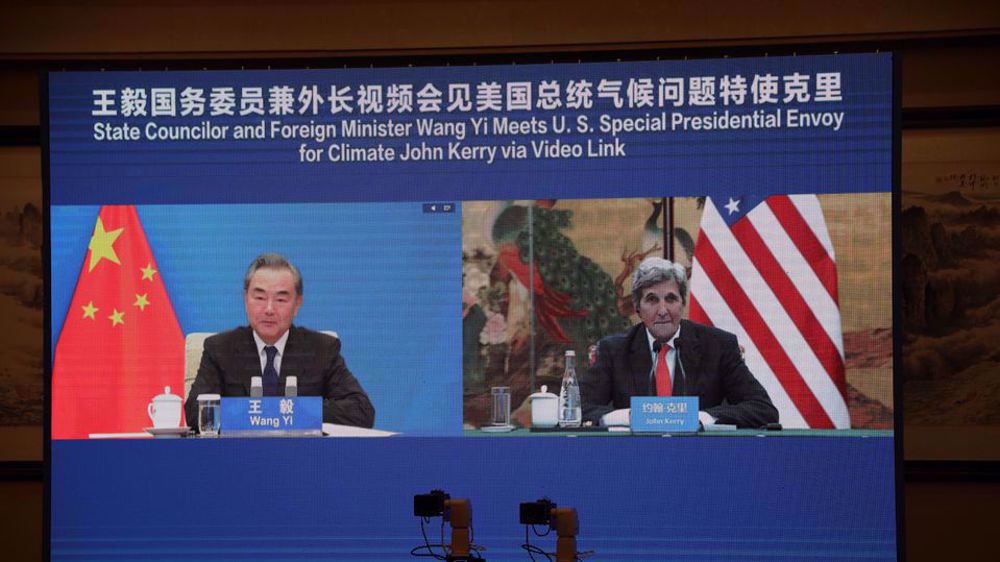

 This makes it easy to access the Press TV website
This makes it easy to access the Press TV website